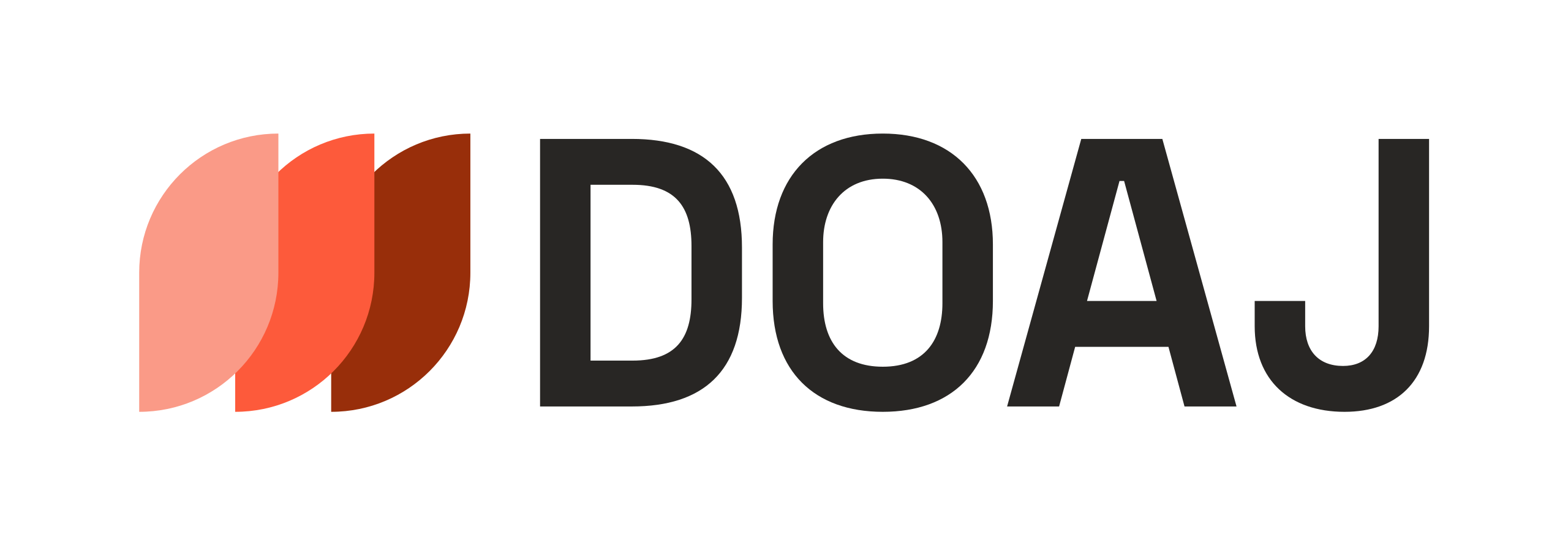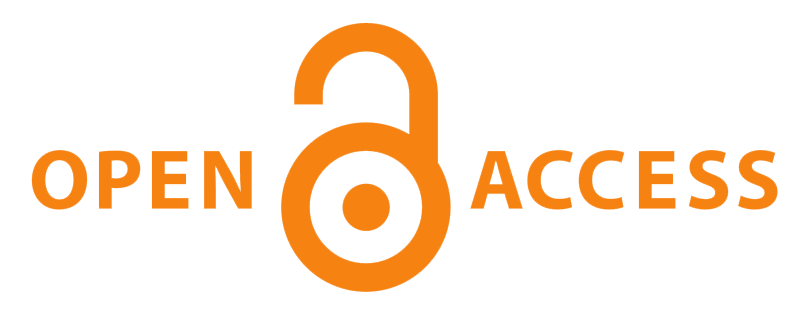Information for Authors
General Information
- submissions may be made in German or English
- original articles should be between 6,000 and 8,000 words, all other contributions should not exceed 4,000 words; if your contribution is longer than this, please contact the editorial office in advance
- original articles and reports should be accompanied by a (capitalized) title and abstract (ca. 300 words), original articles also by 5-6 keywords in English
- please include a current address of correspondence for original articles and reports (name, institute, university, email address)
- authors are responsible for obtaining the rights for any images used
- Re:visit is committed to gender-sensitive language
- the use of AI tools does not constitute authorship and should be avoided; if AI is used, authors must transparently disclose at submission which technology was used and for what purpose
Peer Review Process
Original articles undergo a double-blind peer review process. Each submission is reviewed by two independent external reviewers who are experts in their respective fields. If the two reviews differ significantly, a third review may be solicited. Review reports and comments are communicated anonymously to the authors, and the editorial team makes the final decision on acceptance, revision, or rejection.
Peer reviewers are required to adhere to the ethical guidelines of the Committee on Publication Ethics (COPE) to ensure integrity and fairness in the peer review process.
If members of the editorial team are authors of a submission, they are excluded from handling the peer review. In such cases, an external editorial board member is assigned to oversee the process. All reviewers and editors are expected to disclose any potential conflicts of interest.
Other types of submissions (e.g. editorials, interviews, reviews, forum contributions) are subject to editorial review.
For additional information on publication ethics, copyright, and open access policy, please see our Open Access & Copyright page.
Formatting Guidelines
- manuscripts should preferably be submitted in doc or docx-format (Times New Roman, 12 pt., 1.5-line spacing, new paragraphs not indented)
- if needed, headings can be numbered (1., 1.1)
- emphasis
- use italics for foreign language expressions, emphasis, and titles of journals, magazines, and works such as books, poems, and films
- use ‘single quotation marks’ to indicate unusual usage or to highlight metalinguistic expressions (e.g.: “Platon uses the term ‘soul’ to …”)
- avoid all other forms of emphasis (bold, blocking, underlining, etc.)
- introduce abbreviations on the first mention (e.g., Tiroler Landesarchiv [TLA])
- put omissions, changes, or additions in [square brackets]
- use footnotes for bibliographical references and additional remarks; footnotes are placed after the punctuation mark
- quotes in languages other than German or English are accompanied by a translation provided in the footnote
- quotations
- put short quotations in “double quotation marks”
- put quotations longer than 4 lines in free-standing indented blocks (no quotation marks), with 1 blank line before and after the quote
Referencing Guidelines
- literature is quoted in footnotes (not endnotes); there is no separate bibliography at the end of the article
- sources are given in full on the first mention, after that a short title will suffice (author, short title, page); indications such as “ed.”/“eds.” are omitted in short titles
- separate two or more authors or editors by a comma; from three people onwards, only the first name is mentioned followed by “et al.”; the same applies to places of publication
- list places of publication in full (e.g., Frankfurt am Main)
- edition numbers are placed in superscript before the year of publication
- use “see” to refer to indirect quotes, reference to further research literature, and the like
- page references are given in full (not “f” or “ff.”)
- page numbers are quoted without “p.”/“pp.”; quoted chapters are indicated by “chap.”, and quoted lines of verse by “l.”
- use "ibid" for the same authors and "idem" for the same works when cited successively
Examples
Monographs
First Name Last Name: Title. Subtitle. Place Year, Page Number.
- Hanna Meier: Medical Humanities. Neue Diskussionen. Freiburg im Breisgau 2020, xxi.
- Joanna Smith: Medicine 2.0? Digitalizing the Medical Humanities. Cambridge 1999, chapt. 2.
- Stanley C. Dow, Carla Wintorp: Mind and Body. London et al. 22018, 15-17.
short title: Dow and Wintorp, Mind and Body, 5.
Edited volumes
First Name Last Name: In: Title. Subtitle. In: First Name Last Name (ed.): Title. Subtitle. Place Year, Page Number.
- Hans Meier, Gert Müller, Hila Schmidt: Medizin in der Literatur. In: Wolfram Wollert (ed.): Kunst und Heilen. Stuttgart 2017, 99-123, 105.
- Carla Macron et al.: Literature et médecine. Approches historiques et contemporains. In: Marie Claire et al. (eds.): Medical Humanities. Paris 2004, 52-76, 53-54.
- short title: Macron et al., Literature et médicine, 57-58.
Journals
First Name Last Name: In: Title. Subtitle. In: Journal Title Volume (Year), Page Number.
- John Dubil, Araceli H. Kroger, Willa Carton: The Talking Cure. New Thoughts on Bibliotherapy. In: The Art of Healing 5.1 (2005), 640-641, 640.
- Cilla Green et al.: Critical Medical Humanities in the Classroom. Results of a Pre- and Post-Questionnaire Study. In: Medicine and Education 67.3 (2021), 1-17 [special issue on Medical Humanities, ed. by Cynthia Webber]
- Urs Weimart: Kunst in der Patient-Arzt-Kommunikation. In: Ars Medicinae. Open Access Journal of Medicine and the Arts (2019). doi.org/10.2229/892342.
- short title: Weimart, Kunst in der Patient-Arzt-Kommunikation.
Magazines
First Name Last Name: In: Title. Subtitle. In: Magazine Title (Date), Page Number.
- Tomo Tahoke: Brauchen wir heute noch anatomische Zeichnungen? In: Medizinisches Tageblatt (15. July 2021), 6.
- Fady Lebon: Medicine on the Cutting Edge of Reason. In: Washington Enquirer (03. May 1999), 38-40.
- short title: Tahoke, Brauchen wir heute noch anatomische Zeichnungen?
Unpublished theses
First Name Last Name: Title. Subtitle. Diss. Univ. Place Year.
- Lauren Bieber: Beethovens Ohr. Studien zum komplexen Verhältnis von Musik und Krankheit. Diss. Univ. Innsbruck 1967.
- Michael Drummond: „… I Decline to Answer!“ A Philosophical Approach Towards Autonomy and/in Speech Therapy. Diss. Univ. Ann Arbor 2000, 5.
- short title: Drummond, I Decline to Answer, 7.
Websites
First Name Last Name: Title. Subtitle. In: Website (Date). Link (Last Accessed).
- Magdalena Werner: Heilkunst. In: Der große Bartholomäus. Online-Lexikon der Sprachgeschichte (no date). http://www.bartholomaeus.de/heilkunst (25.10.2021)
- Medical Humanities. In: DMT- Dictionary of Medicine and Theory (June 2007). http://www.dictionaryofmedicineandtheory.com/medical_humanities05 (25.10.2021).
- short title: Medical Humanities, DMT.
Movies
First Name Last Name (dir.): Title. Subtitle. Country Year.
- Maria Heitermann (dir.): Painting my Partner’s Pain. Documentary. Italy et al. 2009.
- short title: Heitermann, Painting my Partner’s Pain, 1:17:30.
Archives
Archive, Holding, Fascicle, File Number, File Item.
- Tiroler Landesarchiv [TLA], Jüngeres Gubernium Sanität 1794, Fascicle 2405, Nr. 1624/124, Anweisung an die Kreisämter von Schwaz und Bozen wegen Verbots des Hausierens mit Medizinalwaren, Innsbruck 28.1.1794.
- short title: TLA, Jüngeres Gubernium.





